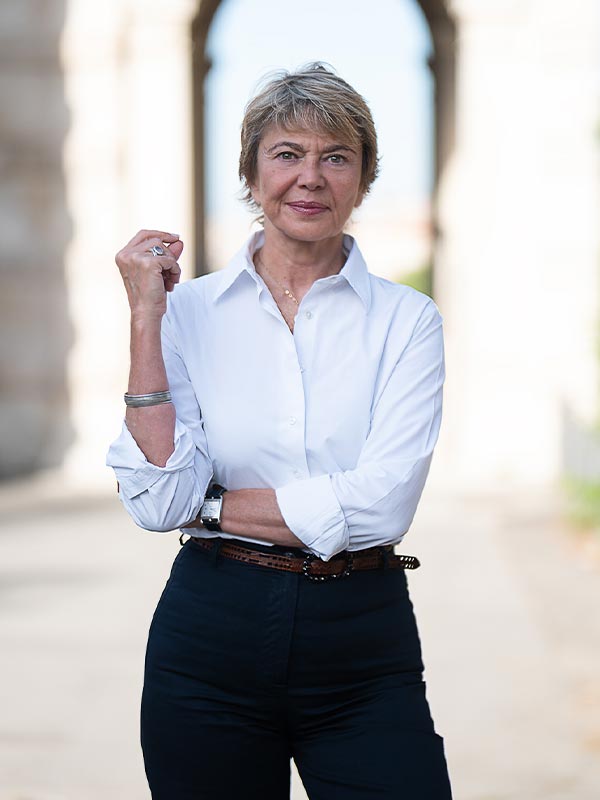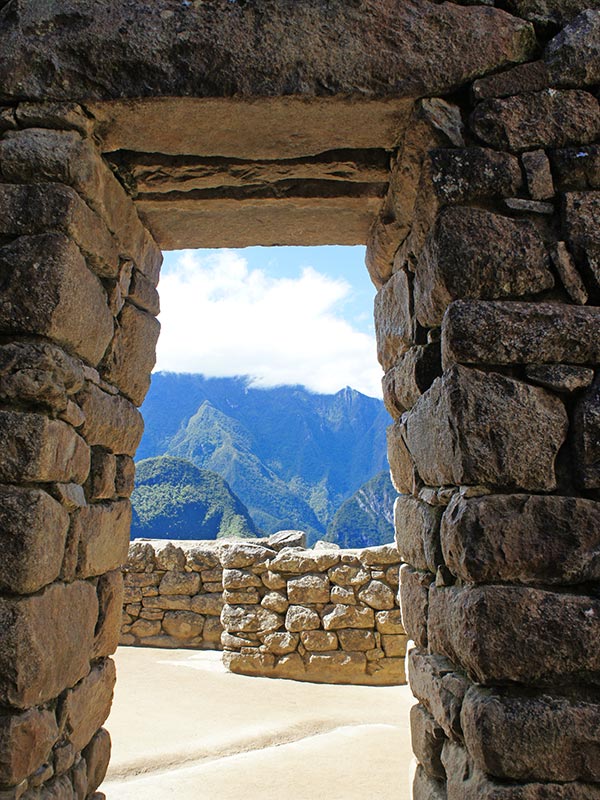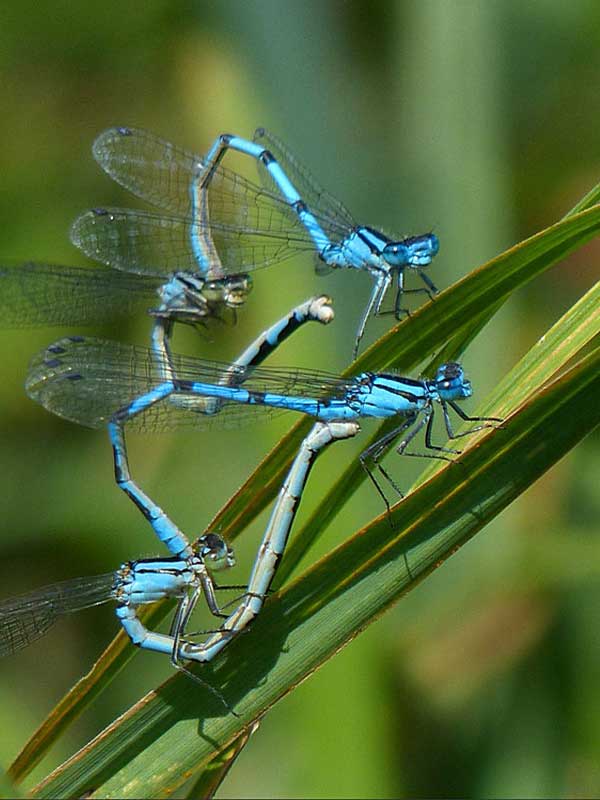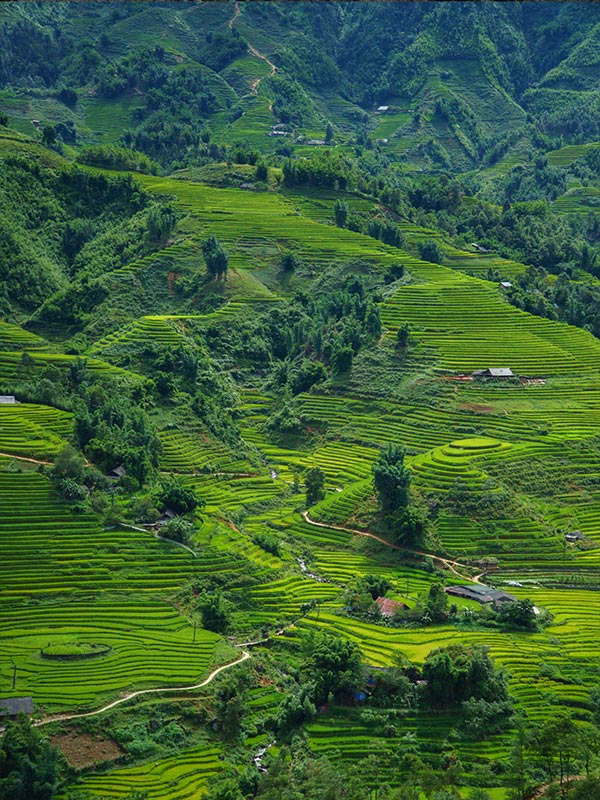Catalyst for ecological evolution
Chances Conseil
Stéphanie Lux created Chances Conseil in 2017 to accelerate the ecological evolution of public and private companies, local authorities, national and international organizations.
Areas of expertise: knowledge of sustainable development issues, understanding of the forces at play and the art of negotiation.
Chances Conseil offers services ranging from diagnostics to the implementation of an ecological development strategy for a company, a region or a national or international organization, including the creation of stakeholder ecosystems who will support and further its development.
Vision: Contribute to the ecological evolution of subnational governments, businesses and national or international organizations.
Mission: to question and create encounters that will enable companies, local authorities and organizations, as well as their leaders, to broaden their field of view and guide them towards finding solutions that respect the planet and people.
Stéphanie Lux
I wasn't born an ecologist, I became one

A taste for the common good
I understand what I can do.
Distinguishing the incidental from the essential
The art of negotiation: quickly distinguishing between what must absolutely be preserved and what can be abandoned, and how to convince others./blockquote>
All truth is provisional...
All questions are worth asking, provided they are based on coherent reasoning.


From Nature to Biodiversity: caring for the living fabric of the planet
Seen from a populated area, protecting our environment lies in our everyday choices. The overlap of laws, regulations and standards weighs heavily on these behaviors. It often happens that certain rules run counter to the objectives of other laws and regulations. I discovered the power of local action in terms of understanding the issues, implementing public policy and mobilizing the community.
Think global, act local.
The power of communication, the ability of major international events in pushing forward laws, standards and regulations. I also noted the difficulty in translating decisions taken at international level into concrete action, and even greater difficulty in clearly understanding how financial announcements and promises reach the countries for which they are intended, in order to irrigate concrete projects.

Natureparif 2008 to 2013
The Île-de-France Regional Agency for Nature and Biodiversity was born of the political will of the Europe-Ecologie-les-Verts group of elected representatives on the Île-de-France Regional Council. It has been endowed with significant resources.
Other regions in France and Europe had already set up agencies, organizations and structures dedicated to nature conservation. Most of them had been created in high-stake regions, either because of the degradation of abandoned mining or industrial installations (Nord-Pas-de-Calais, Alsace), or because of their exceptional natural heritage (Rhône-Alpes). Île-de-France is by far the most densely populated region in France. It’s also one of the smallest in terms of territory, so its natural spaces are rare.
Limiting the agency’s mission solely to the protection of endangered species and natural areas, given the human and financial resources allocated to us and the emerging trends elsewhere in Europe (Sweden, Germany, Switzerland), was not commensurate with the capital region’s ambitions.
With a team of naturalists, scientists and engineers, the regional agency’s strategy was to focus on the issue of nature in the city.
The challenge of protecting nature has been broadened to include the preservation of biodiversity – in the sense of preserving what constitutes the basis of life on Earth, by emphasizing the complex interactions that govern the “living fabric of the planet”.
This strategy was reflected in:
- setting up a biodiversity observatory with and for naturalists in Île-de-France;
- regular meetings organized for and with regional players to identify the most virtuous practices for biodiversity, discuss the conditions for their success, and learn from the pitfalls encountered;
- organizing European and national events: an annual symposium and the French Capital of Biodiversity Award;
- a plea for recognition of local government action to preserve biodiversity – Nagoya 2010;
- the publication of guides such as “Building while preserving Biodiversity”, “Biodiversity’s balance – A methodology to integrate nature in accounting” and “Economy and Biodiversity, producing and consuming in the bounds of the biosphere”.
Protecting elephants and combating ivory trafficking
- a national action plan that placed France among the most advanced countries in the fight against poaching and trafficking of endangered species;
- chaired by French Environment Minister Philippe Martin, the round table brought together some twenty delegations, including 9 led by their Heads of State and Government. It was held on December 5, 2013.
The Climate Conscience Summit - July 21, 2015
- What motivation do we have to act now for benefits we can’t see immediately?
- What voices speak to the greatest number of people, across languages, cultures and borders?
- The mobilization of the Bayard Presse Group, then headed by Georges Sanerot, who delegated Agnès Rochefort-Turquin, Catherine Veillet-Michelet and Dominique Lang, journalist with Le Pèlerin and author of the blog https://eglisesetecologies.com/, to accompany us on all our missions to the Vatican.
- The commitment of R20, the network of Regions for Climate, led at the time by Christophe Nuttall and chaired by Arnold Schwarzenegger.
- The unfailing support of Jean-Paul Delevoye, then President of the Economic, Social and Environmental Council, which hosted the event.
- The partnership forged with ARC, the Alliance of Religion and Conservation (ARC), of which Martin Palmer was then Secretary General, and which hosted the Summit.
- And the participation of numerous people – French diplomats and volunteers – who, individually, worked to convince and bring together the 40 or so participants representing the world’s religions and wisdoms, as well as political figures, artists, scientists and planet defenders.